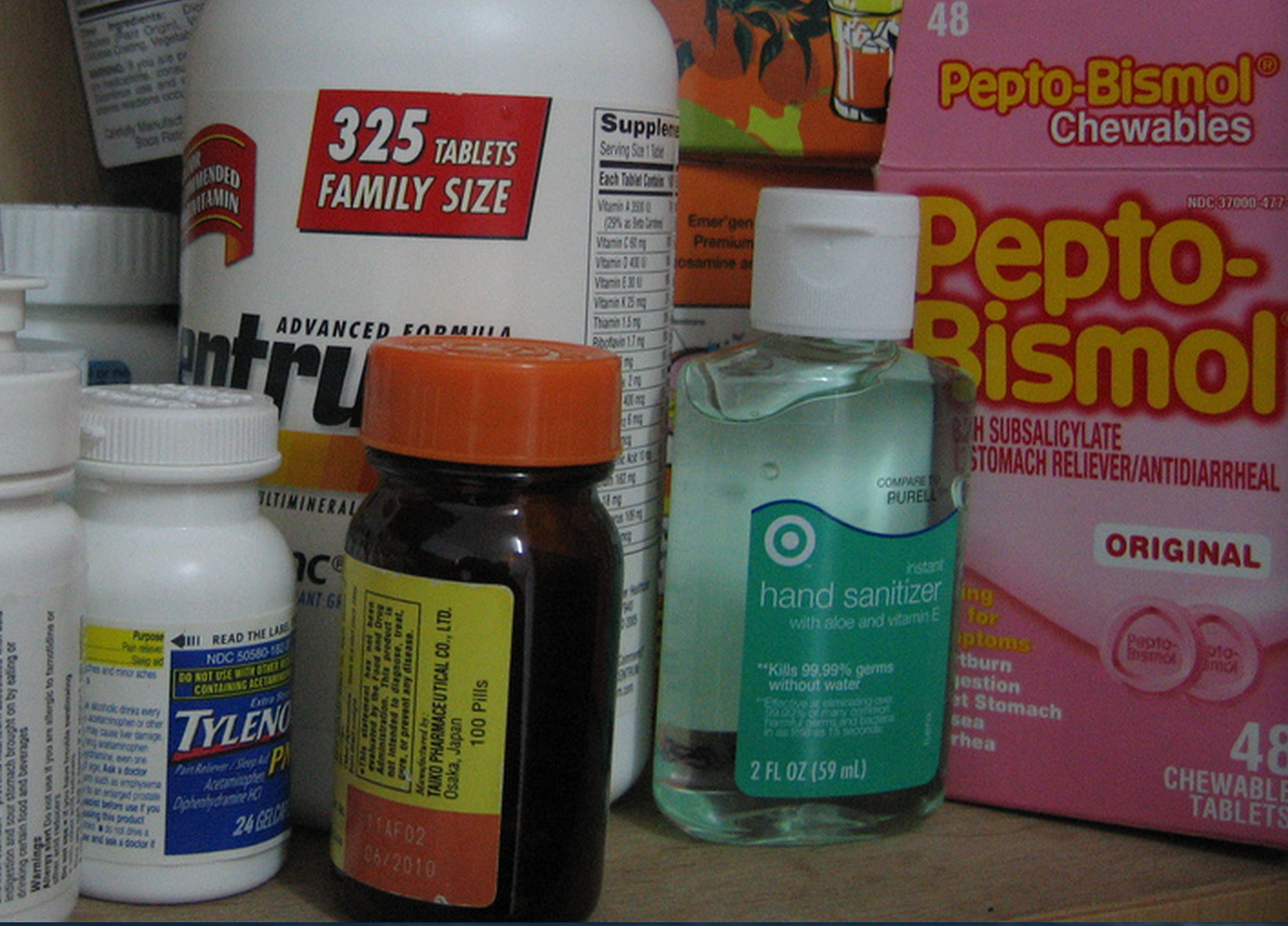When you buy some Tylenol or NyQuil, you probably know — or find out easily from looking at the label — that these products contain acetaminophen. But knowing the names of active ingredients in an over-the-counter drug isn’t the same as knowing how those ingredients will interact with other drugs or what could happen if you take too much. A new study looks at the apparent disconnect between reading a label and understanding the potentially dangerous implications of what you’re taking. [More]
reading comprehension

We Know How To Read Over-The-Counter Drug Labels, But We Don’t Always Understand The Potential Dangers

AT&T Doesn't Need To Actually Read Your Pathetic E-mails
T. is in the military, and has recently deployed to Afghanistan. He has an AT&T phone, and wanted to see about switching to a different plan so he could leave his phone active for occasional calls, but pay less. What with being in Afghanistan and all. He e-mailed their customer service department to inquire about this, and received a response that indicates that while someone at AT&T Wireless is answering customer e-mails, they’re not necessarily reading them. [More]

